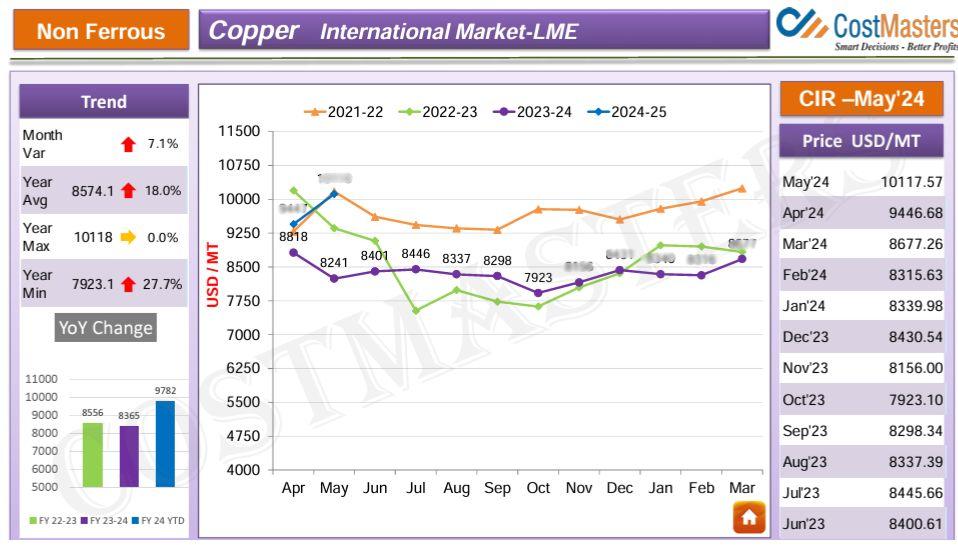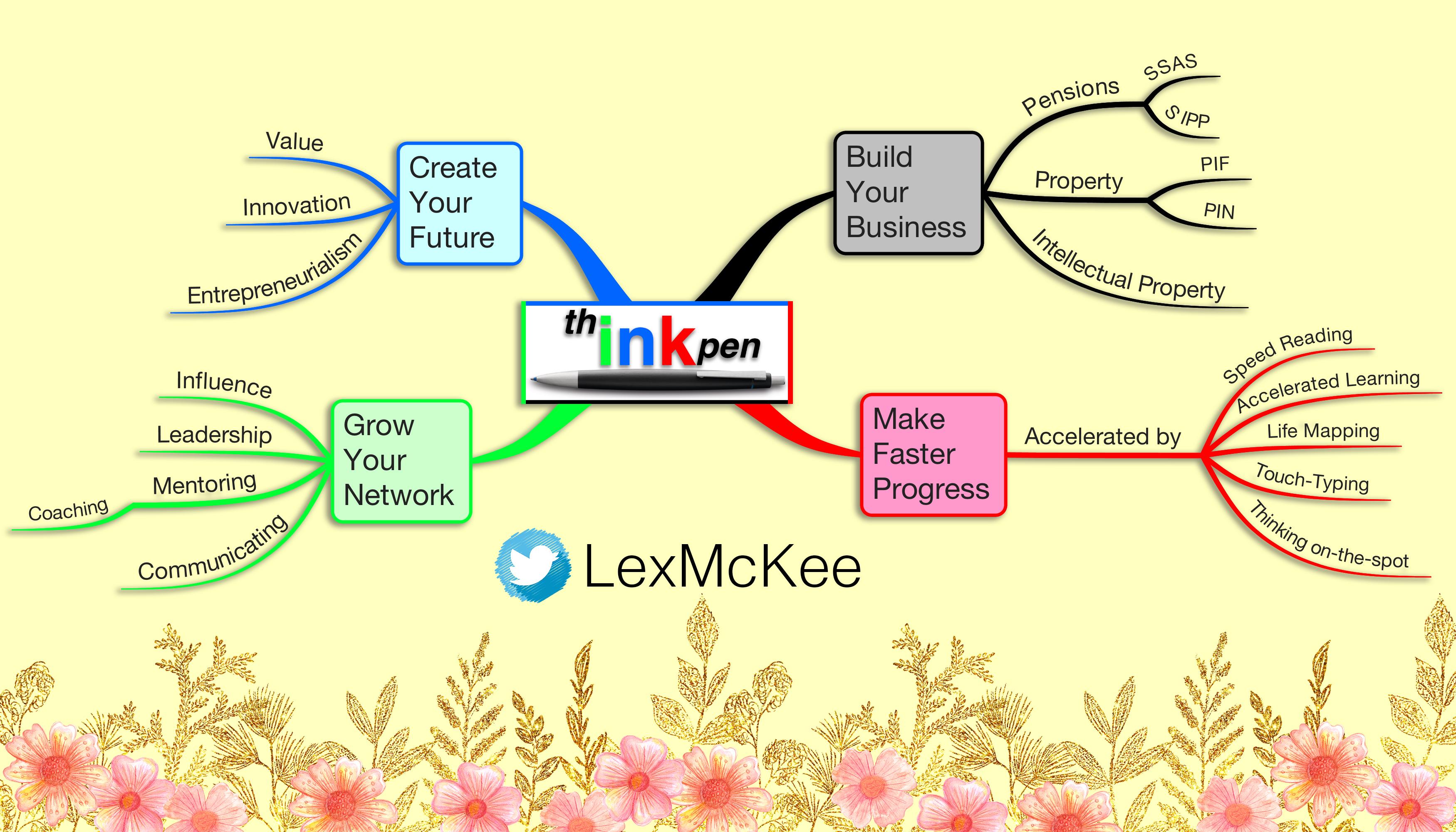In an era characterized by economic fluctuations and an ever-evolving financial landscape, building and sustaining family wealth has become both a challenge and a necessity. As families seek to secure their financial futures and create enduring legacies, the importance of adopting effective investment strategies cannot be overstated. This article delves into the top investment strategies that have proven successful in enhancing family wealth across generations. By examining the principles of diversification, risk management, and long-term planning, we aim to equip families with the knowledge and tools needed to navigate the complexities of modern finance. With a confident and analytical approach, we will explore how these strategies can be tailored to meet the unique goals and circumstances of each family, ensuring financial stability and growth in an uncertain world.
Understanding Market Trends and Their Impact on Family Wealth
Grasping the dynamics of market trends is crucial for families aiming to enhance their financial portfolios. Market trends can often appear unpredictable, yet they are driven by underlying factors such as economic indicators, geopolitical events, and technological advancements. Recognizing these influences helps families make informed investment choices, ensuring their wealth grows even in volatile times.
Key factors affecting market trends include:
- Economic Indicators: Metrics like GDP growth, unemployment rates, and inflation can signal market shifts, guiding investment decisions.
- Geopolitical Events: International relations and political stability can impact market confidence and asset prices.
- Technological Advancements: Innovations can disrupt industries, creating new opportunities and risks for investors.
By understanding these elements, families can tailor their investment strategies to not only safeguard their assets but also capitalize on emerging opportunities. This analytical approach empowers them to navigate the complexities of the financial landscape with confidence.

Diversifying Your Investment Portfolio for Long-Term Stability
Creating a robust investment portfolio involves spreading your assets across various types of investments to minimize risk and maximize returns. A diversified portfolio often includes a mix of stocks, bonds, real estate, and other investment vehicles. By allocating resources into different sectors and asset classes, you reduce the impact of a downturn in any single investment. Consider the following strategies to enhance your portfolio’s diversity:
- Stocks and Equities: Invest in a variety of industries and geographical locations to capture growth opportunities and reduce sector-specific risks.
- Bonds: Balance your portfolio with government and corporate bonds, which can offer stable returns even in volatile markets.
- Real Estate: Explore both residential and commercial properties to gain exposure to the real estate market’s potential appreciation and rental income.
- Mutual Funds and ETFs: These can provide instant diversification by pooling money with other investors to purchase a broad range of securities.
- Alternative Investments: Consider options such as commodities, hedge funds, or private equity for additional diversification.
By strategically diversifying your investments, you can protect your family wealth from market fluctuations while positioning yourself for long-term financial stability. A well-rounded portfolio not only mitigates risk but also enhances the potential for consistent growth over time.

Leveraging Tax-Efficient Investment Vehicles for Optimal Growth
In the pursuit of building substantial family wealth, employing tax-efficient investment vehicles is crucial. These financial tools are designed to minimize tax liabilities, allowing more of your money to compound over time. By utilizing these vehicles, investors can strategically position their portfolios to maximize growth while adhering to legal tax frameworks. Individual Retirement Accounts (IRAs), for instance, offer tax-deferred growth, enabling contributions to grow without the immediate burden of taxes. Similarly, Roth IRAs allow for tax-free withdrawals in retirement, making them an excellent choice for long-term growth.
Another powerful option is 529 college savings plans, which provide tax-free growth and withdrawals for qualified educational expenses, offering a dual benefit of investing for a child’s future while gaining tax advantages. Health Savings Accounts (HSAs) also stand out with their triple tax benefit—contributions are tax-deductible, growth is tax-free, and withdrawals for qualified medical expenses are tax-exempt. By incorporating these vehicles into your investment strategy, you can effectively shield a portion of your wealth from taxes, ensuring that your family’s financial legacy is both robust and sustainable.
Incorporating Real Estate into Your Wealth-Building Strategy
Real estate remains a cornerstone in the realm of wealth accumulation, offering both tangible assets and potential for substantial returns. Investing in property not only provides a hedge against inflation but also offers multiple avenues for income generation and capital appreciation. Here’s how to make real estate an integral part of your family’s financial future:
- Diversification: By adding real estate to your investment portfolio, you introduce a layer of diversification that can reduce risk and stabilize returns. Unlike stocks or bonds, real estate has historically shown resilience against market volatility.
- Leverage Opportunities: Real estate allows for leveraging, where you can use borrowed capital to increase the potential return on investment. This means acquiring more property with less personal capital, amplifying your wealth-building efforts.
- Tax Benefits: Enjoy the advantages of tax deductions on mortgage interest, property taxes, and even certain expenses related to property management. These tax incentives can enhance the overall profitability of your investment.
- Long-term Appreciation: Over time, real estate tends to appreciate in value, providing an opportunity for significant capital gains. This appreciation can be a powerful vehicle for growing family wealth over generations.
is not just about buying properties but strategically selecting and managing them to align with your long-term financial goals. With careful planning and a proactive approach, real estate can serve as a robust pillar in your family’s financial legacy.



